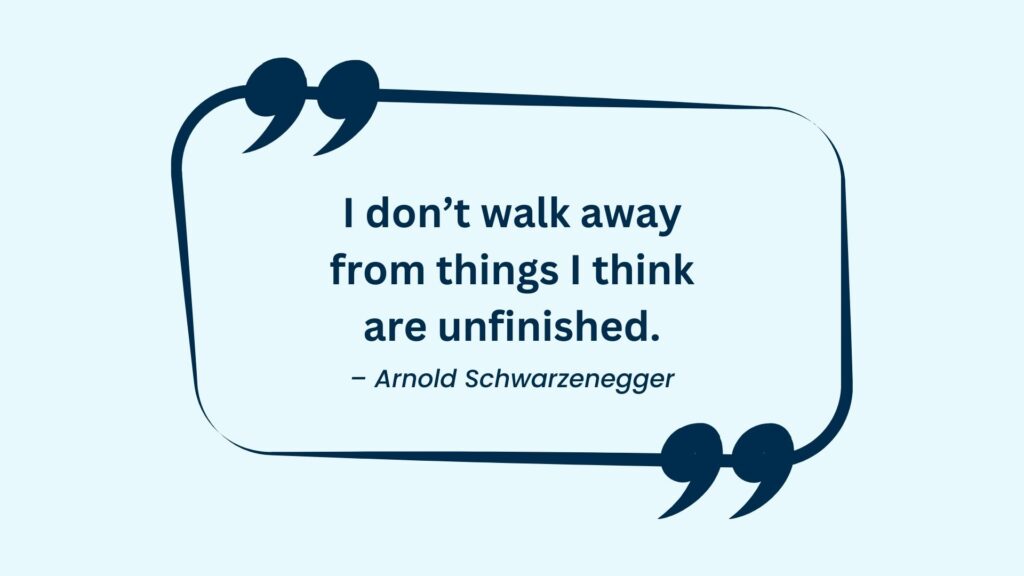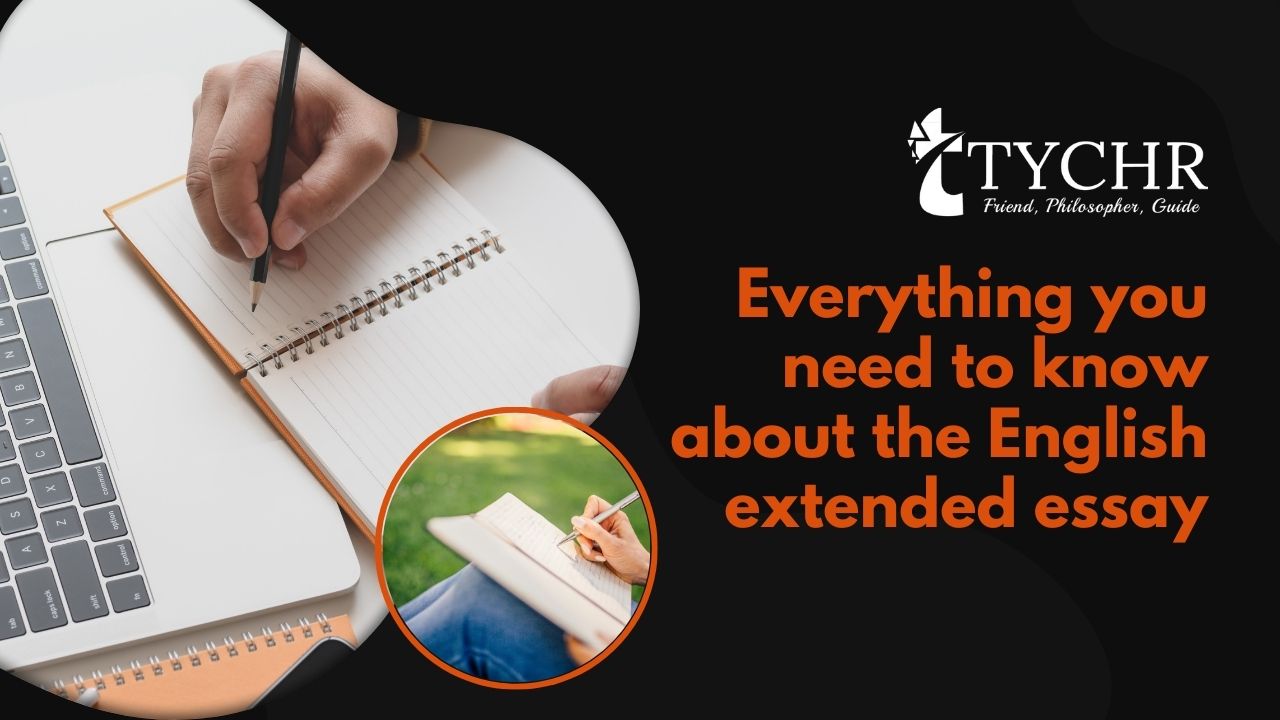Table of Contents
Why English?
The 4000-word extended essay that every IB student does can seem like a daunting task. However, if you have an interest in books and literature, if you take either IB English Literature or IB English Language and Literature (or any other Language A, it doesn’t have to be English as the process will remain the same) , then you can do your extended essay in studies of language and literature which can make writing it a fun and illuminating experience. I found doing the extended essay in English a very relaxing process, because the way the research process is structured for English naturally appeals to all literature students as it’s merely an extension of the close-reading of literary or non-literary texts one does in class.
Structure of an English EE:
The subject guide for either literature or language and literature provides a clear set of guidelines on what the IB expects from an EE in language and literature. The main aim of an EE in language and literature is to study/research a text or group of texts. There are three main options:
Category 1:
Study in a literary text or texts originally written in the language of the essay
Category 2:
Comparison of a literary text originally written in the language of the essay with one or more literary texts originally written in another language
Category 3:
Studies in language of non-literary texts originally written in the language of the essay.
Categories 1&2 essays emphasise a literary focus, while Category 3 essays involve a linguistic focus. You will be familiar with the difference between literary and non-literary texts by the time you start your extended essay as it will be covered in your language and literature class, so do not worry. Generally, literary texts include novels, plays, short-stories, etc, while non-literary texts include magazine articles, TV or film scripts, etc. I wouldn’t stress too much about the differences because your advisor will be sure to clear it for you. Sometimes students know immediately which category essay they are doing and sometimes they have an idea of the text they want to study, in which case, their advisor usually helps them classify it into literary or non-literary.
In addition to these options, the extended essay can also be interdisciplinary. There is a literature and performance extended essay in which you can examine the relationship between a text and its performance. And of course, the general world studies extended essay can have a literary/non-literary focus with a connection to subjects outside English as long as the topic falls under one of the six prescribed areas of study by the IB. Elements of studies in language and literature like cultural linguistics, aesthetics, discourse analysis and critical perspectives could be applied under any of the six global themes.
Also read: How To Use ChatGPT For Your IB Extended Essay?
Writing the Extended Essay
Whichever type of essay you choose, be sure to discuss the text(s) you are thinking of with your advisor. In addition to deciding the text, you must also choose a particular feature or aspect of the text that you feel is employed to create meaning for the reader. For instance, you may choose to focus on the narrative voice in the text, or the dialogue of the characters or more thematic elements like the depiction of the immigrant experience. Essentially, by narrowing your focus like this, you become closer to formulating your research question — the big inquiry that your exploration answers. The research question and the essay itself is largely similar to what you do in your paper 1 for English you are investigating the literary or linguistic elements of a text and how they help create meaning or help convey an idea to the reader.
Having conversations with your advisor about your research question will help you fine tune it. Also remember that the research question changes throughout the entirety of the process as once you begin your detailed study of the text you might wish to tweak or even completely change your research question. It’s good to have a rough research question ready when you start though to make the process easier and more structured.
The first step after having read the text(s) and chosen your (rough) research question is to begin close reading your text(s). Start maintaining a research journal with all your observations about the literary or linguistic features of the text — the tone, the diction, etc and the possible inferences you make through them on the potential/intended effect on the reader. I would advise that you finalise your topic and rough research question beforehand and utilise the summer to note down all your inferences while close-reading.
Once you have finished your close-reading, you’ll have a better idea of how you want to structure your essay. In addition to an introduction and conclusion, you can plan the different sections of your body. Show your structure to your advisor as they can then give you feedback. Once the structure is sorted you’re all good to go! You can start writing the draft and get comments from your advisor. Here are some tips about writing the essay and the whole process at large.

Some tips that I found to be helpful
Choose a text or texts that you love. Remember writing the EE is a long process so you don’t want to be stuck with a text that you find hard or do not really like. If you find a work that you’re passionate about, the passion will be reflected in your quality of writing. It would also be exciting to choose a text you feel has multiple layers, multiple levels of exploration. When I was doing my Extended Essay, I chose the novel — The Portrait of a Lady by Henry James because not only did I find it beautiful, but I also found that it was such a multi-faceted text thanks to the unique narratorial voice James employed. It had a plethora of shades that I longed to explore.
You should want to read more of your text, discover more about it. It should intrigue you, spark your curiosity as that is after all the point of the essay — for you to immerse yourself in a specific area of a subject you love. When you stumble upon the right text, you will just know that it’s the one because in your head, all sorts of ideas about possible essay topics will start popping in.
- When choosing topics, it helps to think about what form of writing you are interested in first -prose, plays, poetry, etc. Also helps to think about perhaps a period in literature that you are interested in. Maybe you find the Victorian era interesting, or have a penchant for the Modernists or want to explore the Romantics. Choosing a specific period helps because then you can think of the authors or poets you liked from that literary style or era and shortlist them till you narrow down on your text.
- When you are noting down inferences, I would suggest doing it in an uninhibited manner at first. Just take down your observations as they are, as if you were close reading in class and discussing with your peers or teacher. Just enjoy the process because when you are just writing down thoughts in their rawest form, it’s the creative stage where there are so many explorations possible. When I was doing it, I remember I had pages and pages of notes, especially from the really meaty parts of text that I knew would become important excerpts to zoom in on in the essay. Once I was done close reading, I could look at my notes more objectively and start putting points under larger themes or claims I wanted to discuss in the essay.
It’s like I had forged all the raw minerals and metals from the mines I wanted to work with and now it was all about polishing them, welding them together to create beautiful, intricate jewellery.
- In your introduction or even throughout the essay, it often helps to sometimes refer to what literary critics have said about your text. Only do so though if their opinion helps you make your point or if you want to counter their opinion with your own findings. And remember to cite all your sources (including the text) in the bibliography!
- Don’t make your research question too broad, you can’t talk about every technique the writer uses! But also don’t make the focus too narrow as you do have 4000 words to write afterall.
- Include a table of contents with all the sections of the essay
- Remember to include important transitional sentences between each section so that the flow of the essay feels natural instead of forced
In addition to all these tasks, there will be a few reflection sections to go over as with any extended essay that you’ll have to write and submit to the IB. But the overall process is enjoyable, especially if you nurture a love for the language. Once you have your research question and structure, the essay just flows out naturally!







